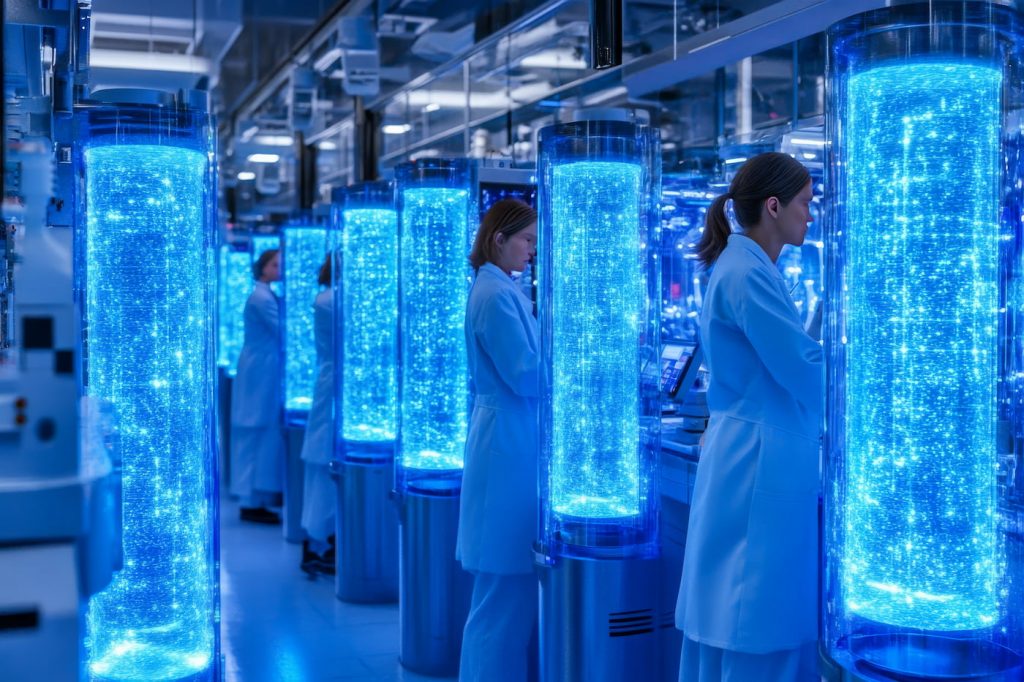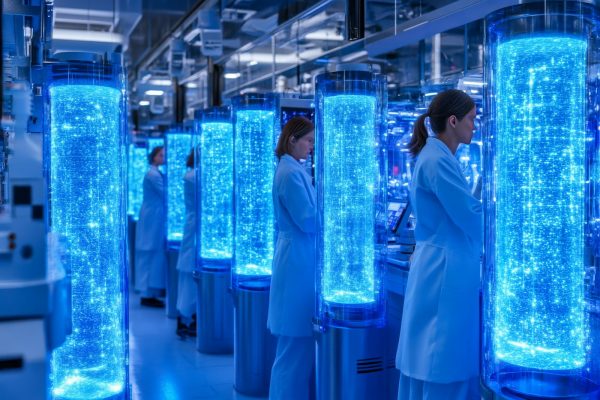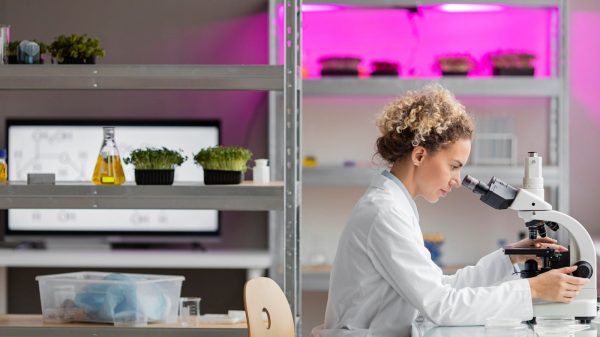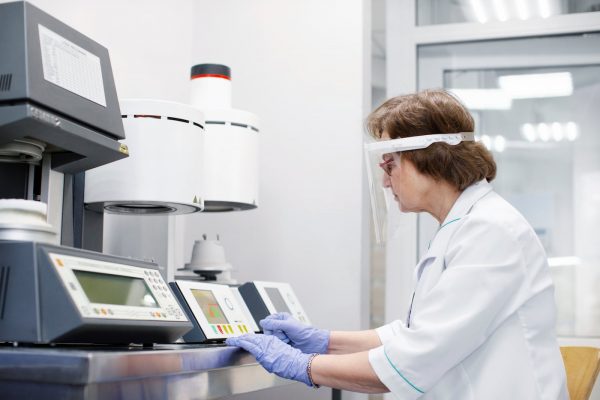The pharmaceutical industry is undergoing a transformation driven by cutting-edge innovations. Advances in technology, automation, and research are reshaping the way medicines are developed, produced, and delivered to patients worldwide. As demand for high-quality, efficient, and cost-effective drug production grows, pharmaceutical manufacturers must embrace these changes to stay competitive.
1.Automation and AI: Enhancing Efficiency and Precision
Automation and artificial intelligence (AI) are revolutionizing pharmaceutical manufacturing. AI-driven analytics help optimize production processes, reduce waste, and improve quality control. Robotics and automated systems streamline tasks such as drug formulation, packaging, and quality testing, ensuring consistency and reducing human error.
2.Continuous Manufacturing: A Shift from Traditional Batch Processing
Traditional batch processing has long been the standard in pharmaceutical production. However, continuous manufacturing—a process where ingredients are continuously fed into the system to produce medicines in real-time—is gaining traction. This method reduces production time, minimizes waste, and enhances product quality. Regulatory bodies like the FDA are increasingly supporting this shift, recognizing its potential to improve drug availability.
3.Personalized Medicine and 3D Printing
The rise of personalized medicine is pushing the boundaries of pharmaceutical innovation. 3D printing technology is being explored to create customized drug formulations tailored to individual patients’ needs. This approach enhances treatment effectiveness while reducing side effects, marking a significant step toward patient-centric healthcare.
4.Smart Packaging and Digital Health Integration
Smart packaging solutions, such as QR codes and embedded sensors, provide real-time data on drug storage conditions, expiration dates, and patient adherence. Digital health technologies, including connected devices and mobile apps, allow patients and healthcare providers to track medication usage, ensuring better treatment outcomes.
5.Sustainable and Green Manufacturing Practices
Environmental sustainability is becoming a priority for pharmaceutical manufacturers. Companies are investing in eco-friendly production methods, such as reducing water and energy consumption, minimizing chemical waste, and using biodegradable packaging. The industry is also exploring the use of biopharmaceuticals—medicines derived from living organisms—which offer more sustainable alternatives to synthetic drugs.
The Road Ahead
As pharmaceutical manufacturing continues to evolve, companies that embrace these innovations will lead the industry toward a more efficient, sustainable, and patient-focused future. By integrating AI, continuous manufacturing, personalized medicine, smart packaging, and green practices, manufacturers can enhance drug quality, reduce costs, and improve healthcare outcomes worldwide.




